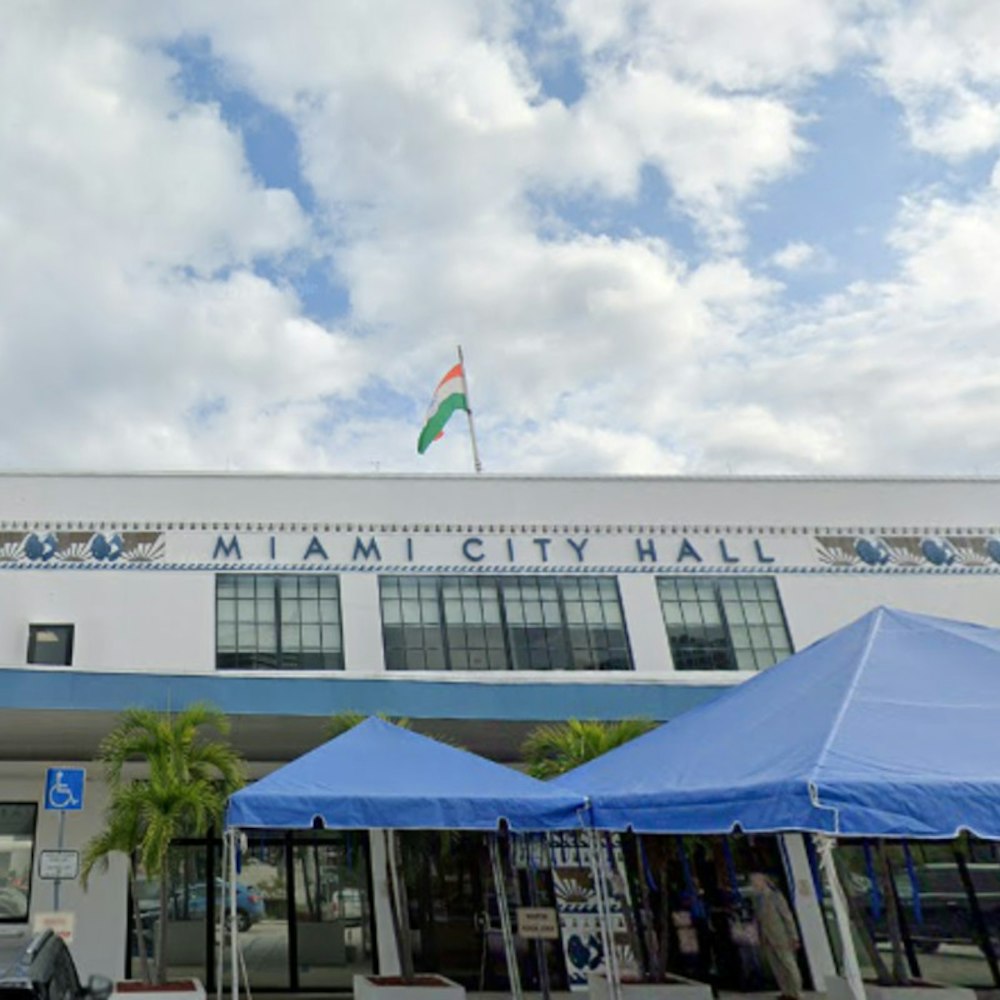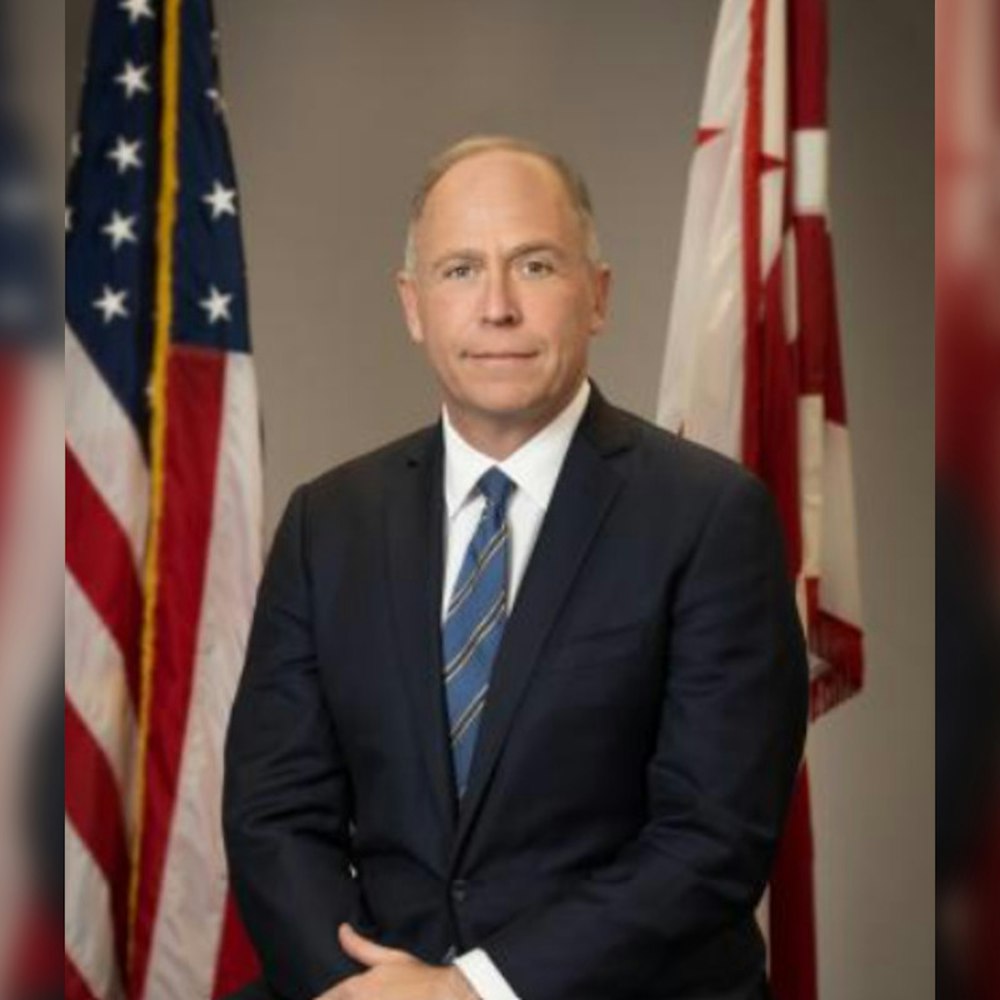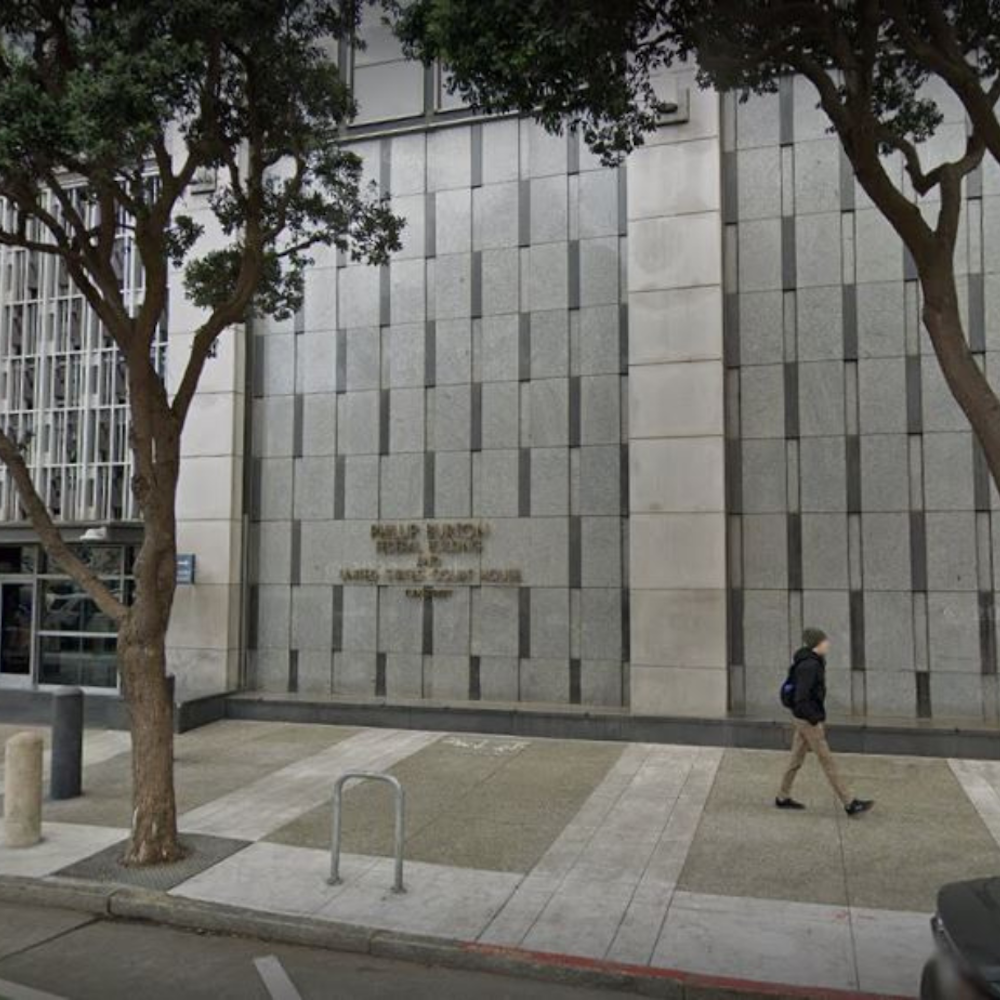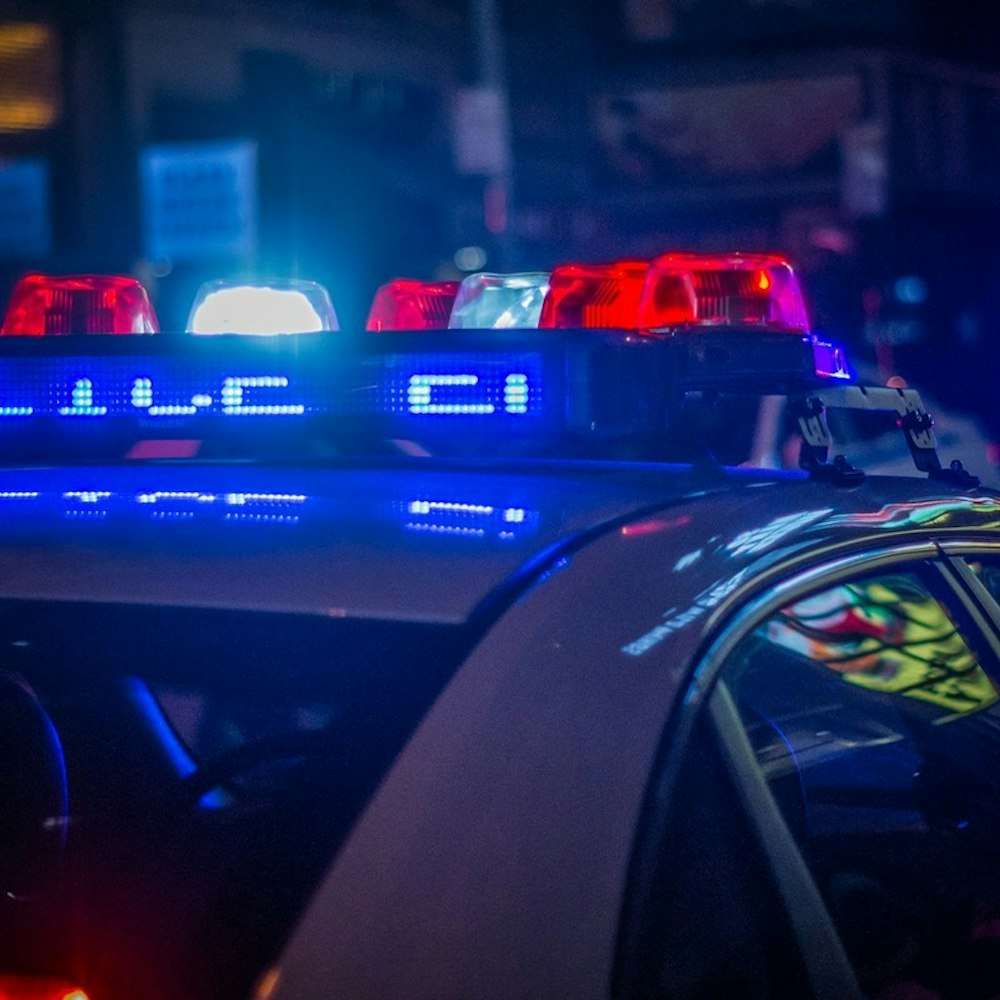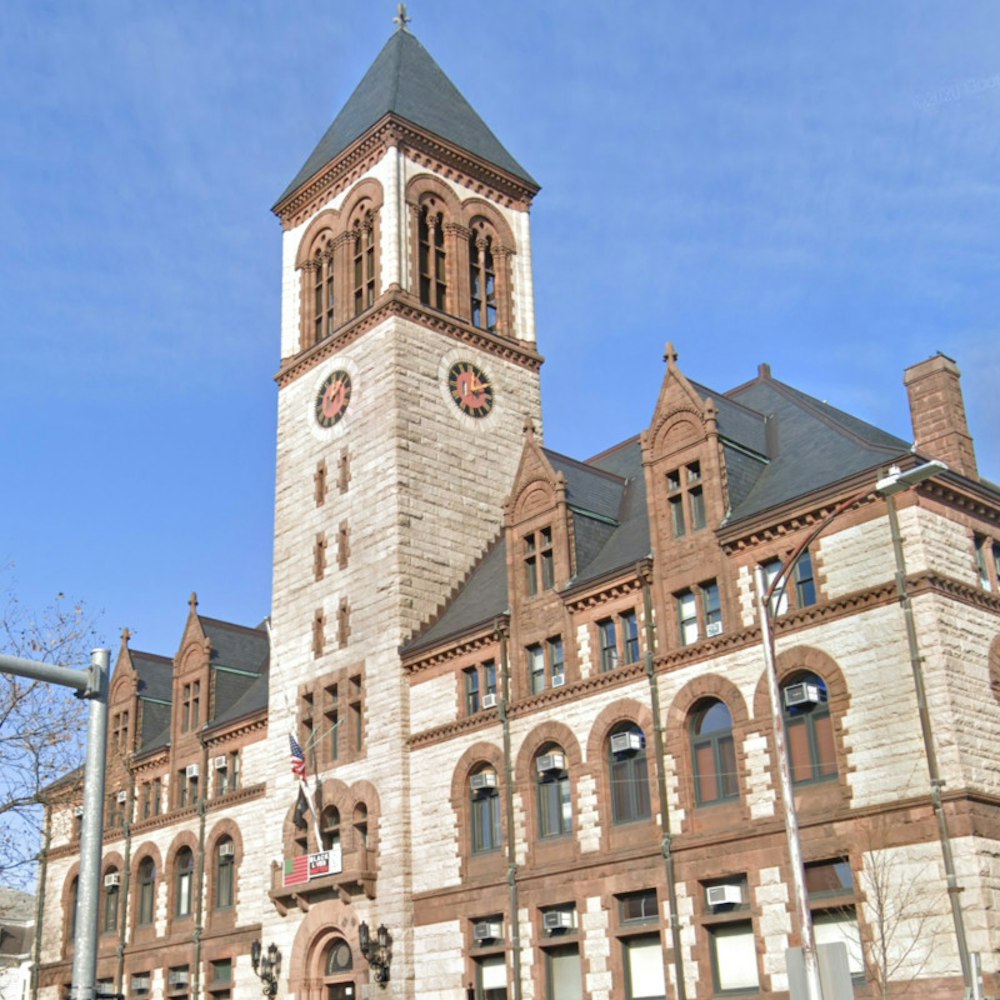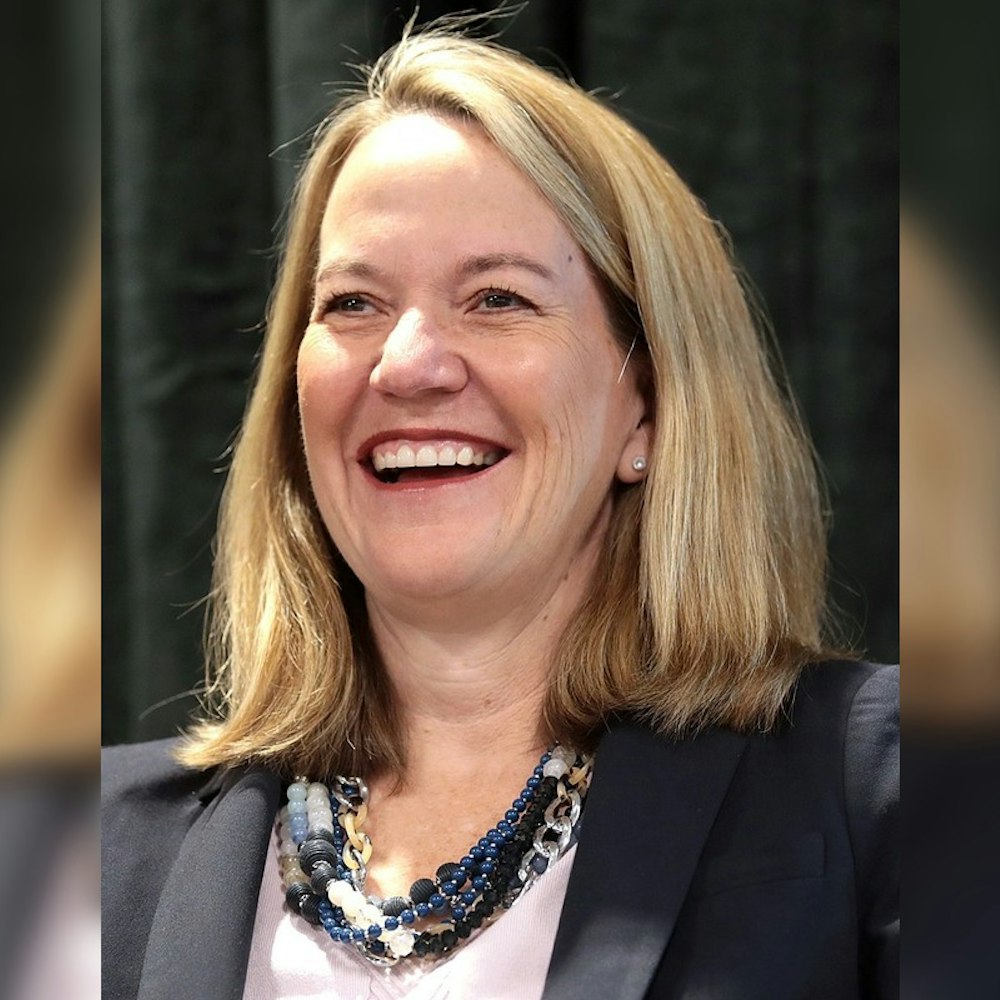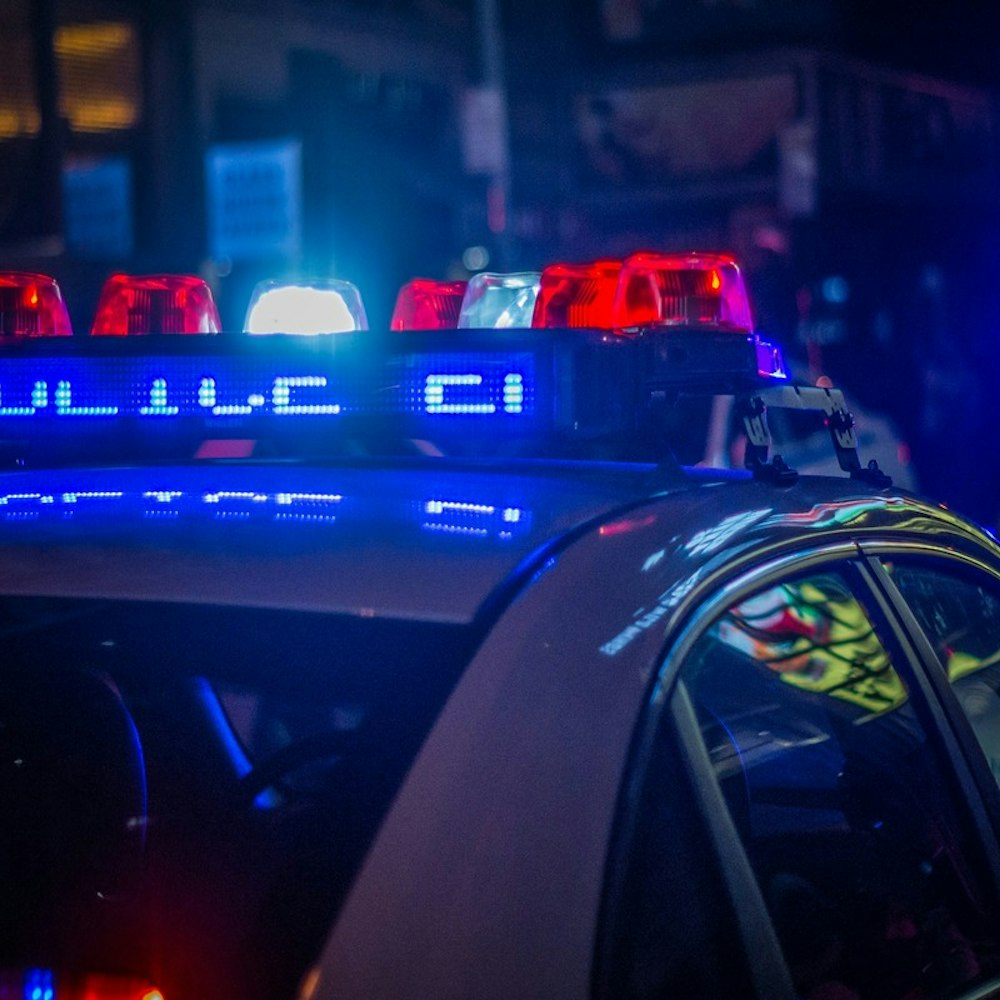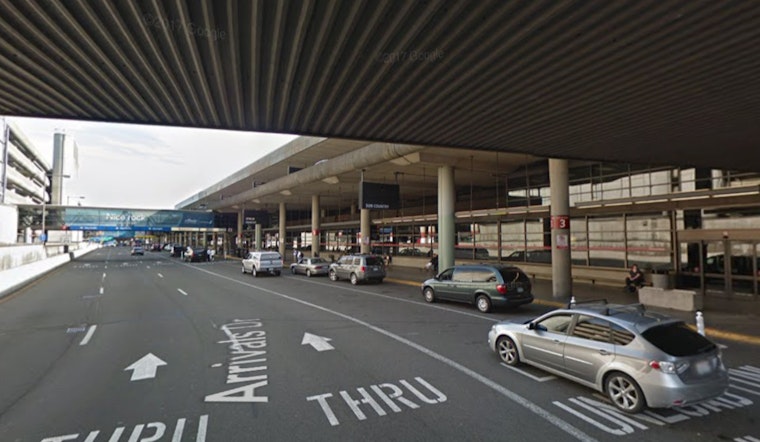
Chaos engulfed the roadway to Seattle-Tacoma International Airport Monday afternoon as 46 pro-Palestine protesters were arrested for orchestrating a blockade that crippled traffic flow for hours. According to the Washington State Department of Transportation, all lanes of state Route 518 at Airport Drive were immobilized shortly before 3 p.m., with the path eventually clearing around 6 p.m. Perry Cooper, a spokesperson for SEA, confirmed the arrests, noting that the individuals were being processed, as reported by KING 5 News.
The demonstration, part of a national day of protest, saw participants employing tactics such as laying across the road with their arms locked inside tubes—a formation protestors call "sleeping dragon." Trapped by the unexpected disruption, travelers were forced to disembark from their idle cars, dragging luggage towards the terminal on foot. As mentioned by The Seattle Times, a police presence was necessary to ultimately disperse the group and arrest those obstructing the expressway during peak rush hour.
Organizers of the action boldly claimed April 15, coinciding with Tax Day, as a stepping stone for what they herald as a "global call for an economic blockade." The protest aimed to draw attention to the Israel-Hamas war and push for its end. While the Seattle Police Department has not yet detailed the full spectrum of charges, a spokesperson suggested disorderly conduct charges are likely on the table for those taken into custody.
The coordinated demonstrations stretched across the nation, with the Seattle blockade just one of many intended to spotlight the conflict in the Middle East. Travelers caught in the gridlock at SEA Airport were left scrambling to catch flights, as the expressway remained shuttered for several hours during the protest's peak. With protestors whisked away to SCORE for processing, as documented by Cooper in an interview with MyNorthwest, a significant disruption was nevertheless engraved in the memory of those affected by the day's events.
